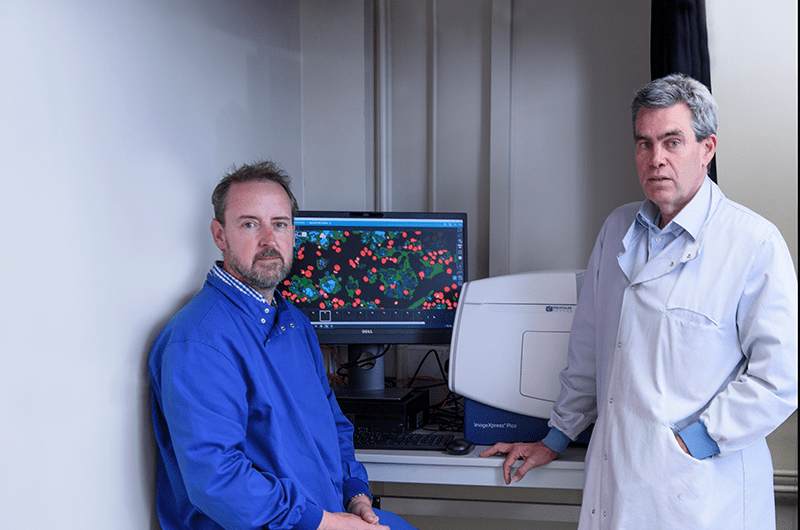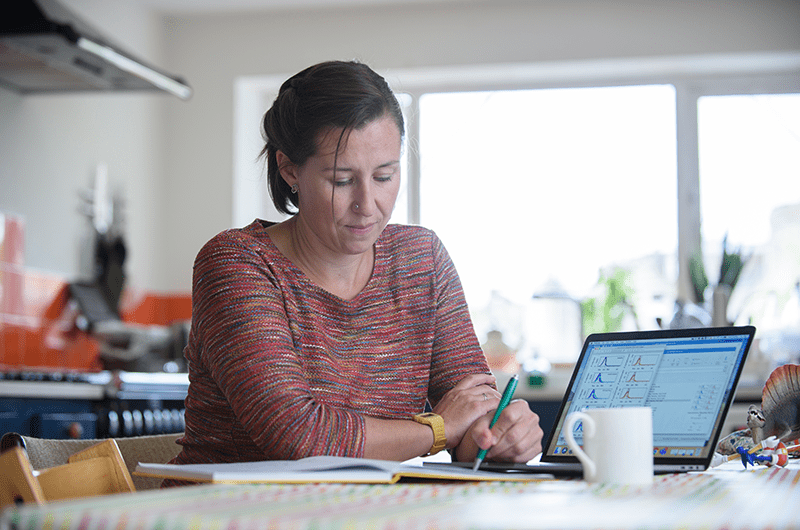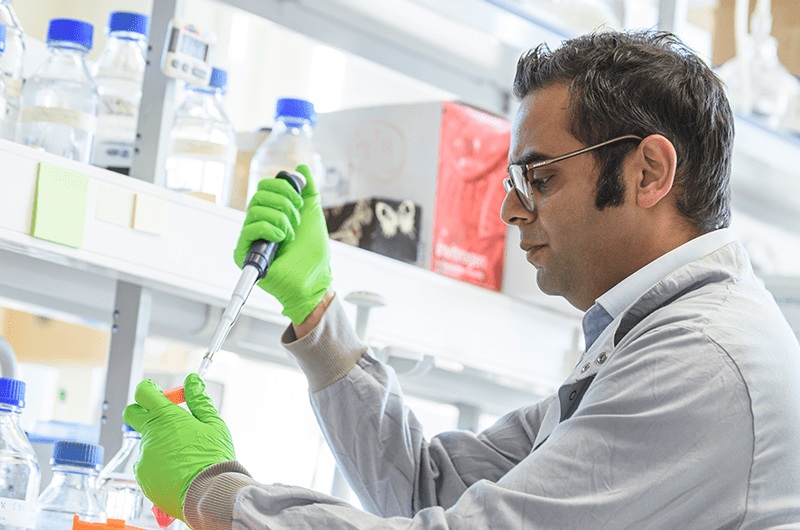
Professor Adam Finn, of the Bristol Medical School, provides an insight into an extraordinary year for Bristol’s community of biomedical researchers.
Prior to the COVID-19 pandemic, my laboratory was focused on the impact of vaccinations on respiratory infections in children. But when COVID-19 hit, we were compelled to pause that work, and redirect our efforts. The nature of our research meant it was possible to make that shift rapidly and we weren’t alone: researchers across the University of Bristol were applying their expertise to the emerging pandemic. The University’s COVID-19 Emergency Research group (Bristol UNCOVER) emerged organically and within a month, there were over 100 researchers, from a vast range of disciplines, meeting online each day to pool resources and expertise, and share progress.
The fact that Bristol is home to some of the world’s leading experts in coronaviruses was critical. My colleagues Dr Andrew Davidson and Dr David Matthews have spent almost 20 years in this field. Their laboratory is one of the few in the UK with clearance to handle highly pathogenic viruses such as SARS CoV2. Their work is the keystone for much of the research here in Bristol and beyond. As virologists, they’re focused on understanding the genetic code of the virus, which is critical to answering questions about its infectiousness, how it mutates as it spreads, and how exactly it interacts with our cells.
Bristol is home to some of the world’s leading experts in coronaviruses.
As countries around the world moved into lockdown, much of the public debate centred on the search for treatment and vaccines and the efficacy of public health measures. Bristol researchers are at the forefront of so much of this work. Dr Ellen Brooks Pollock and her team are working on predictive modelling, using near- real time data from University of Bristol staff and students to monitor COVID-19 behaviours. Dr Anu Goenka, who – like me – works in both the clinical and the scientific environment, is using his expertise in paediatric immunobiology to explore the differences between the immune response to COVID-19 seen in young children, and that of adult patients. Elsewhere, the chemists who lead the Bristol Aerosol Research Centre, including Professor Jonathan Reid, are working to understand how airborne mechanisms contribute to the transmission of the virus: that work has critical implications for what our ‘new normal’ looks like as governments seek to relax lockdown measures.

Our hope is that this ‘new normal’ is not normal for long: for that to be the case, finding a vaccine for COVID-19 is critical. Here in Bristol we worked closely with NHS partners to recruit participants to the Oxford ChAdOx1 vaccine trials, which have shown initial encouraging results. Additionally, the University of Bristol has its own vaccine programme, which makes use of our ground-breaking ADDomer vaccine platform. That platform allows Professor Imre Berger and his team to identify potential vaccines at speed, developing ones that are highly stable and do not require refrigeration, which could be key for a global pandemic.
The University of Bristol has its own vaccine programme.
The range of top-flight research that’s taking place at Bristol has meant that we’ve been able to secure funding for our work from bodies like the Medical Research Council and the National Institute for Health Research. But it’s hard to overstate the impact of the response to our COVID-19 appeal, which launched in April and saw over £500,000 raised from alumni and friends within just a couple of months. Those donations enabled us to act quickly: for Drs Davidson and Matthews, it meant the purchase of new microscopes to enable high-throughput screening of antiviral agents and an incubator for handling the virus. The immunologists have been able to purchase equipment for high-sensitivity measurement of T and B-cell immune responses to vaccination and infection, and for my own team, funding has contributed to essential equipment that underpins our ability to store and test clinical samples for viral infection and antibody responses as people convalesce from COVID-19. We were also able to create a new high-containment lab at the Langford campus in record time, for Professor Reid and his team to expand their aerosol research.

This year has been like no other in my professional life. I have always found Bristol to be a collegiate, collaborative research environment, but the way we were able to work together – with each other, with the NHS, and with other universities – in response to the pandemic has been a real eye opener to what we can achieve. The depth of support that Bristol’s alumni and friends community has shown for our work is a huge impetus to all of us in the UNCOVER group.
Thank you for supporting our COVID-19 research at Bristol. Your support meant that we were able to get started on work quickly, and helped us to develop our profile, provide evidence and the infrastructure to secure large funding grants and make an even bigger impact on the far reaching implications of the pandemic.
Unfortunately we were unable to photograph Professor Adam Finn for this feature.

Thank you, its really interesting to read about what you are doing. I wish I wasn’t retired – and had the expertise to contribute in the way you are. Thank you for all you are doing. I imagine you are exhausted and working long hours. GOOD LUCK with it all.